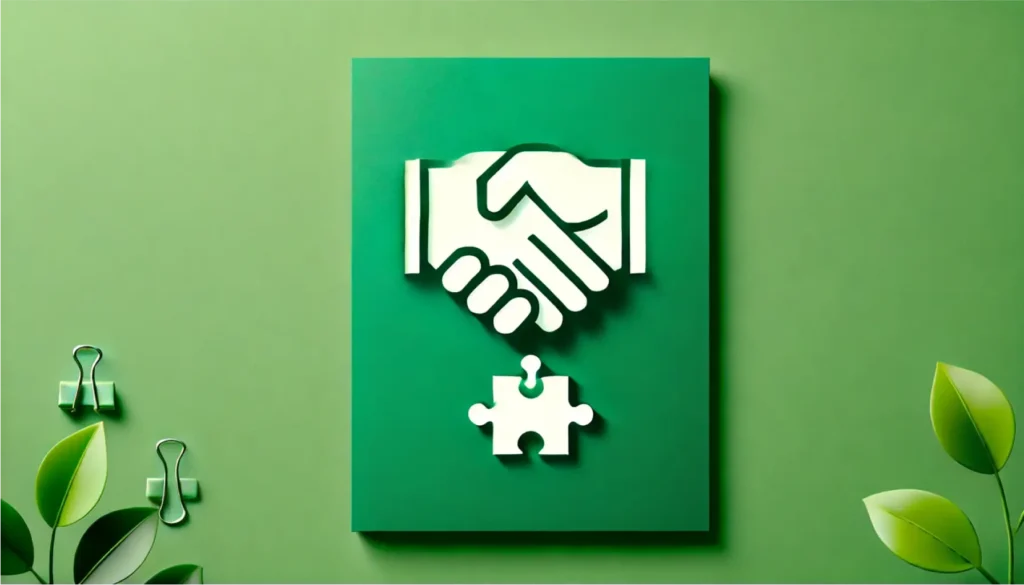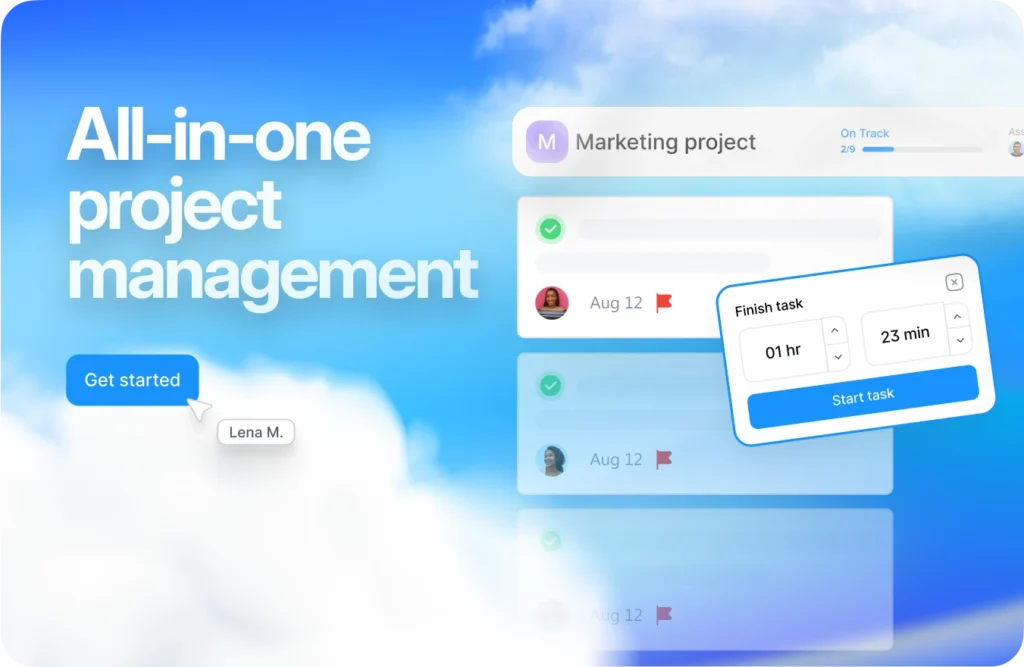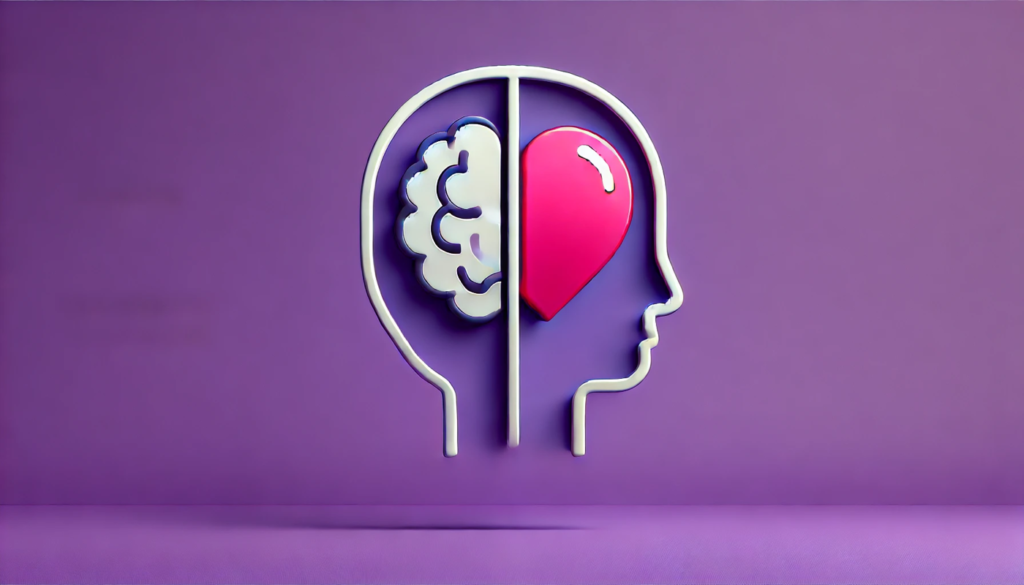5 Ways to Improve Your Collaboration Skills

Collaboration is the cornerstone of success, whether you’re working on a group project at school, managing a team at work, or tackling a community initiative. Strong collaboration skills not only make teamwork smoother but also lead to better results. But how can you ensure you’re contributing effectively? Let’s explore five practical ways to enhance your collaboration skills and build stronger connections with others.
Why is Collaboration an Important Skill?
Collaboration is vital because it allows people to pool their talents and perspectives, creating results that exceed what any one individual could achieve alone. In workplaces, for instance, collaboration fosters creativity, solves complex problems, and boosts productivity.
In educational settings, working collaboratively helps students develop critical thinking and interpersonal skills. Even in personal life, collaboration builds stronger relationships and facilitates mutual understanding. Moreover, collaboration is an essential ingredient for innovation; diverse teams often produce groundbreaking ideas when working cohesively.
Simply put, collaboration is the glue that binds individual efforts into collective success.

What Is Involved in Effective Collaboration?
Effective collaboration isn’t just about working together—it’s about working well together. Here’s what it entails:
- Clear Communication: Sharing information openly and actively listening to others’ input.
- Trust: Team members must rely on each other and believe in their mutual dedication to the shared goal.
- Accountability: Everyone should be responsible for their tasks, ensuring the team can depend on each individual.
- Mutual Respect: Valuing each team member’s unique contributions, skills, and perspectives.
Additionally, shared goals and a sense of purpose align the team, ensuring that everyone is working toward the same outcome. When these elements are in place, collaboration becomes seamless and productive.
How to improve your collaboration skills
1. Develop Active Listening Skills
Listening is the foundation of effective communication. When you truly listen to others, you understand their perspectives, needs, and concerns, which fosters trust and respect.
Why Active Listening Matters:
Active listening goes beyond simply hearing words. It involves paying attention to both verbal and non-verbal cues, ensuring you understand the message being conveyed.

How to Practice Active Listening:
- Paraphrase and summarize what the speaker has said to confirm understanding. For example, “So what you’re saying is…”
- Pay attention to body language like eye contact and nodding, which shows genuine interest.
- Avoid interrupting or planning your response while the other person is speaking.
By mastering active listening, you create a collaborative environment where everyone feels heard and valued.
2. Foster Open Communication
Clear communication is the backbone of effective teamwork. When team members feel comfortable sharing their thoughts and ideas, collaboration flourishes.
What Open Communication Looks Like:
It means being transparent, approachable, and willing to both give and receive information. It also involves providing constructive feedback rather than criticism.
Tips for Enhancing Communication:
- Use “I” statements to express your thoughts without blaming others, e.g., “I think we should…”
- Be concise but include all necessary information to avoid confusion.
- Encourage feedback by asking, “What do you think about this idea?”
Effective communication eliminates misunderstandings, ensuring everyone is on the same page.
3. Cultivate Emotional Intelligence
Emotional intelligence (EQ) plays a pivotal role in collaboration. It allows you to navigate interpersonal relationships with empathy and understanding.

What is Emotional Intelligence?
EQ involves being aware of your emotions, managing them effectively, and recognizing the emotions of others. Key components include:
- Self-awareness: Understanding your own emotions and their impact.
- Empathy: Recognizing and respecting others’ feelings.
- Social skills: Building positive relationships through effective communication.
How to Enhance EQ for Collaboration:
- Practice mindfulness to stay aware of your emotions in the moment.
- Show empathy by actively considering others’ perspectives.
- Work on your social skills by building rapport with team members.
High emotional intelligence fosters mutual respect and teamwork, making it a critical skill for collaboration.
4. Practice Conflict Resolution
Conflict is inevitable in any collaborative effort, but how you handle it determines the outcome. Learning to resolve disagreements effectively is a key aspect of collaboration.
Why Conflict Resolution Matters:
Unresolved conflicts can lead to frustration, decreased productivity, and a breakdown in teamwork. Addressing them promptly can strengthen relationships and improve outcomes.
Steps for Effective Conflict Resolution:
- Stay calm and avoid letting emotions take over.
- Focus on the problem, not the person.
- Encourage open dialogue to find common ground.
- Propose and agree on solutions collaboratively.
By embracing conflict as an opportunity to grow, you’ll build a more cohesive and resilient team.
5. Encourage Team Diversity and Inclusion
Diversity and inclusion aren’t just buzzwords—they’re essential for effective collaboration. A diverse team brings fresh ideas and perspectives, while an inclusive environment ensures everyone feels valued.
How Diversity Benefits Collaboration:
Different backgrounds and experiences lead to innovative solutions and better decision-making. Embracing diversity also builds a stronger sense of belonging among team members.
Tips for Promoting Diversity and Inclusion:
- Respect cultural differences and be open to learning from them.
- Encourage everyone to share their opinions and ideas, no matter how different they might seem.
- Provide equal opportunities for participation and recognize individual contributions.
When you prioritize diversity and inclusion, your team becomes more adaptable, creative, and united.
Improving your collaboration skills is a journey, not a destination. By honing active listening, fostering open communication, cultivating emotional intelligence, practicing conflict resolution, and embracing diversity, you’ll unlock the full potential of teamwork. Start small, implement these strategies consistently, and watch your collaborative efforts thrive.

